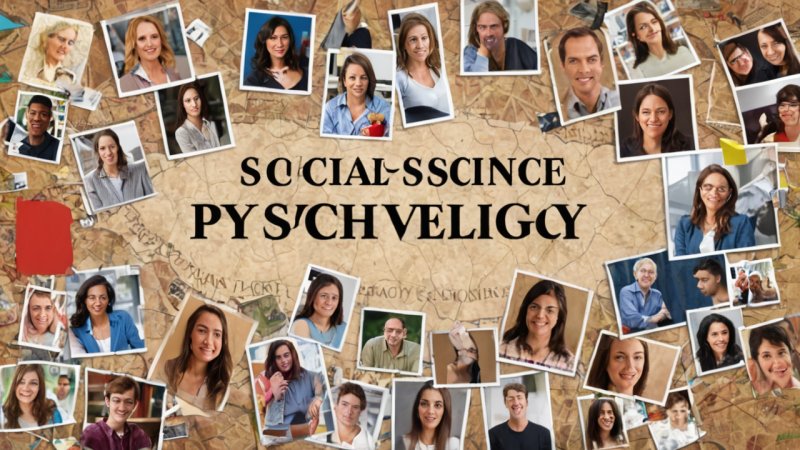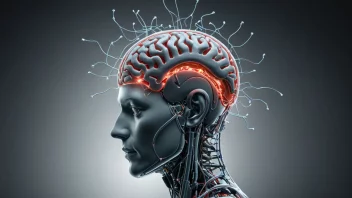What are social sciences?
Social sciences encompass a wide range of academic disciplines that study human behavior, relationships, and societies. This includes fields such as psychology, sociology, anthropology, economics, and political science. Each discipline offers unique insights into how individuals and groups interact with one another and their environments.
How do social sciences contribute to understanding human behavior?
Social sciences provide frameworks and methodologies to analyze and interpret human actions and societal trends. By applying empirical research methods, social scientists can identify patterns in behavior, understand the motivations behind actions, and explore the impact of cultural and social contexts on individual choices.
What are some key theories in social sciences that explain human behavior?
- Behaviorism: This psychological theory suggests that all behaviors are learned through interaction with the environment.
- Social Learning Theory: Proposed by Albert Bandura, this theory emphasizes the role of observation and imitation in learning behaviors.
- Maslow's Hierarchy of Needs: This theory posits that human behavior is motivated by a series of hierarchical needs, from basic physiological needs to self-actualization.
- Social Identity Theory: This theory explains how individuals derive part of their identity from the social groups they belong to, influencing their behavior and interactions.
What role does research play in social sciences?
Research is fundamental to the social sciences as it provides evidence-based insights into human behavior. Through qualitative and quantitative research methods, social scientists can test hypotheses, validate theories, and contribute to policy-making. Research findings can inform practices in education, healthcare, and community development, among other areas.
Can social sciences help address societal issues?
Yes, social sciences are instrumental in addressing societal issues such as poverty, inequality, and mental health. By understanding the underlying social dynamics and individual behaviors contributing to these problems, policymakers and practitioners can develop targeted interventions and programs that foster positive change.
How do social sciences intersect with other fields?
Social sciences often intersect with other disciplines, such as natural sciences, humanities, and business. For example, behavioral economics combines insights from psychology and economics to understand decision-making. Similarly, public health research integrates social science perspectives to address health disparities and promote community well-being.
What are some recent breakthroughs in social sciences?
Recent breakthroughs in social sciences include advancements in understanding the effects of social media on behavior, the impact of climate change on mental health, and the role of social networks in shaping public opinion. These studies highlight the evolving nature of human interactions in a rapidly changing world.
How can individuals apply social science insights in daily life?
Individuals can apply insights from social sciences by being more aware of their behaviors and the social influences around them. Understanding concepts like empathy, communication styles, and group dynamics can enhance personal relationships and improve interactions in professional settings.
Why is it important to study social sciences?
Studying social sciences is crucial for fostering a better understanding of ourselves and others. It equips individuals with the tools to critically analyze social issues, promotes empathy, and encourages informed citizenship. By understanding the complexities of human behavior, we can work towards creating a more equitable and just society.
Final Thoughts: The impact of social sciences on our understanding of human behavior is profound. Through rigorous research and theoretical frameworks, social scientists illuminate the intricacies of our actions and interactions. As we continue to explore these fields, we can better address the challenges facing our societies and improve the quality of life for individuals and communities alike.






